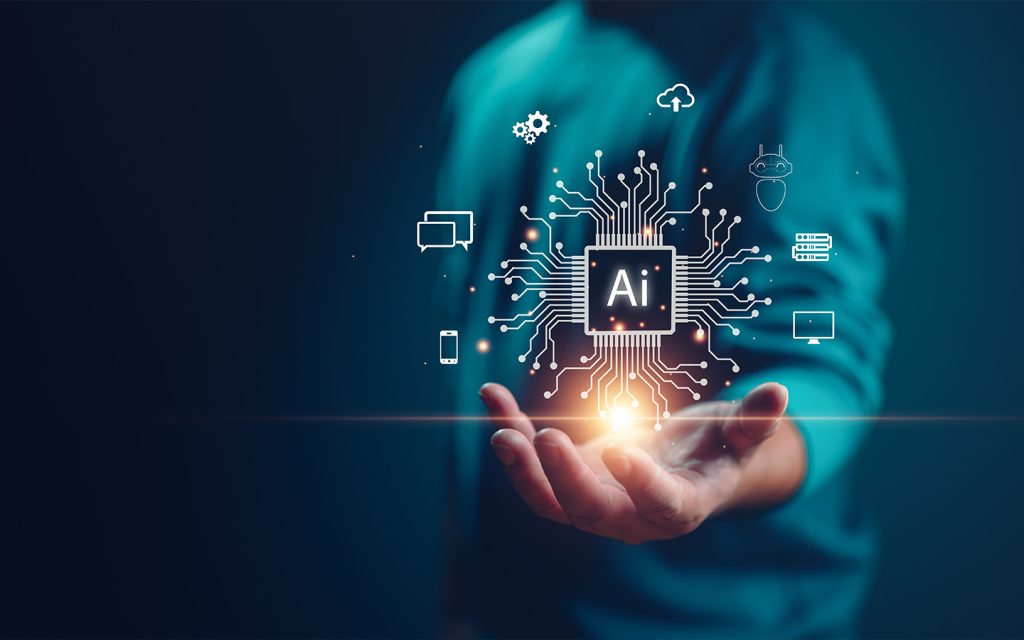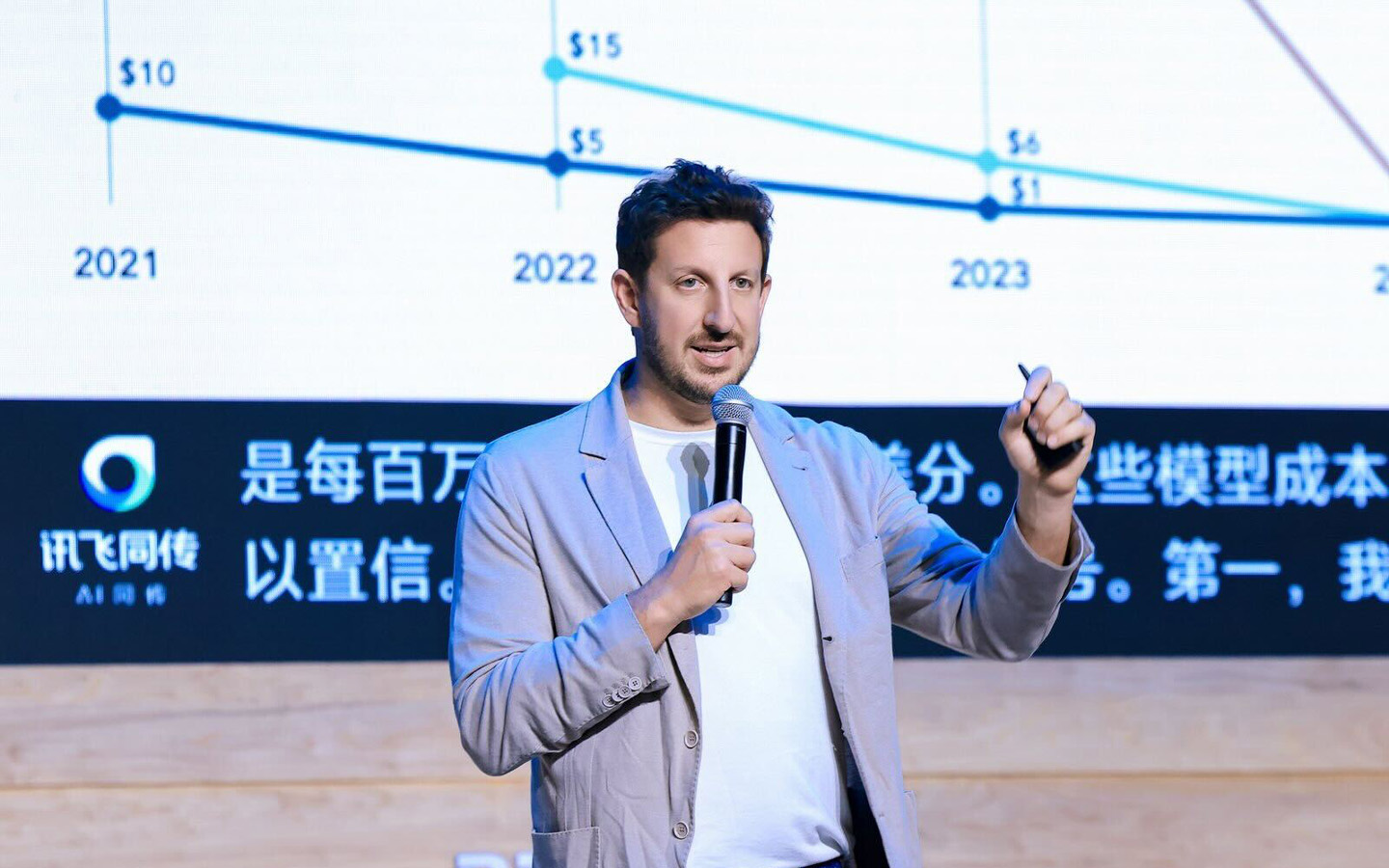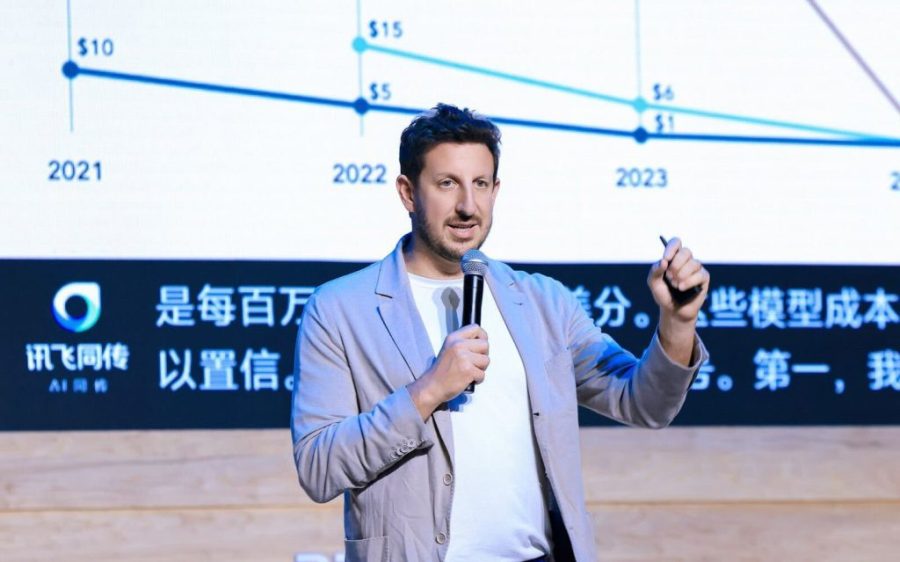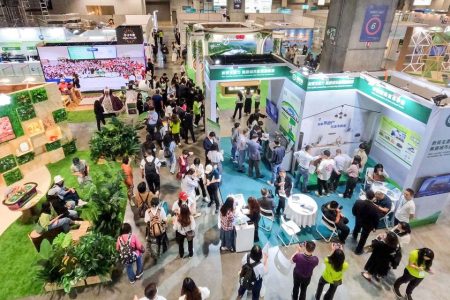There is no doubt that Artificial intelligence (AI) is reshaping the way many people approach the world, be they learning new things, communicating with others or solving problems. As a result, the technology’s rise can raise uncomfortable questions – like how relevant will the human brain even be in the future?
This subject was tackled by former OpenAI staffer Zack Kass at BEYOND Expo on Thursday. Kass, who previously led the maker of ChatGPT’s go-to-market department and has collaborated with companies like Coca-Cola and Morgan Stanely, explained how he believed AI could actually provide the answer.
“The most incredible thing that’s going to happen with AI over the next 10 years is we’re going to rediscover what it means to be human,” he said in his keynote, titled The Human Advantage in the Age of AI. He assured his audience that deeply human qualities like creativity, empathy, humour and adaptability would continue to be vital – though likely deployed in evolving ways as technology advanced.
[See more: Beyond Expo 2025 has opened in Macao]
Kass’ talk also painted a vivid picture of how far and fast AI had come. “We broke Moore’s Law about 2022,” he noted, referencing a principle that the number of transistors in a computer chip doubles every two years (suggesting that AI’s progress is now outpacing even the most ambitious expectations for technological growth).
In fact, Kass said that “machines are getting twice as good every seven months” and had already “passed the complex reasoning threshold.” They were also becoming more accessible; Kass described a “precipitous decline” in the price of deploying advanced AI models.
In his speech, Kass outlined what he saw as three distinct phases in the ongoing AI revolution. The first phase, which we are currently in the middle of, would continue until 2027, he said. This “advanced application” period was about getting the technology in the hands of the people, and boosting their productivity by 20 to 40 percent, according to Kass.
[See more: Tech titans debate AI and global ambitions at Beyond Expo 2025 in Macao]
The second phase, dubbed “autonomous agents,” was expected to run from 2027 to 2035. It would see AI agents help humans execute tasks and achieve their goals through apps, web browsers and so-called data lakes (places where unstructured data is stored), allowing people to become “100 to 200 percent more productive,” Kass said.
The third phase – “natural language operating systems” – was expected to begin in 2035, bringing with it a profound shift in physical hardware. People would move from “carrying devices to wearing devices,” Kass explained. They would also live in “a world where machines know how we work.”
There would come a point in AI’s developmental trajectory when “our brains will probably feel insignificant on any relative computational basis,” Kass acknowledged. However, rather than reducing humans’ roles in the world, Kass predicted the phenomenon would elevate human qualities that AI can’t replicate.
Going beyond knowledge

In terms of education, he envisioned a future where learning would shift away from the simple transmission of knowledge towards mentorship and the cultivation of values. In terms of leadership, Kass proposed that ways of inspiring people would become less about how smart a leader was – and more about their skills as a genuine motivator.
[See more: Chinese tech incubator, XbotPark, is outpacing Western competitors, says founder]
Indeed, Kass suggested that changes in the way people understood intelligence would transform their thinking on subjects like personal development, cultural understanding and public trust. “We will go from a place of trying to optimise policies to a place where we try to bridge differences and gaps,” he said, adding that AI lacked the capacity to resolve problems like those on its own.
AI’s increasing ubiquity could lead to dramatic shifts in what people decide to study at university, Kass noted. He encouraged young people to study what excited them, rather than learning to achieve high grades or economic gain. “AI can make you an expert in most topics pretty quickly,” he pointed out. “It is more and more evident as we move through the world that [the value of] so many of our jobs is [shifting] from what we know to how we make people feel,” Kass said.
He also urged his audience to recall the Covid-19 pandemic, a period that made many people realise that operating in a purely virtual environment was undesirable; that there were “immutable qualities” in the human experience that will persist in spite of technological changes.
To thrive in the AI era, Kass recommended that people focus on developing their creativity, curiosity, resilience, wisdom, courage, humour and other qualities that technology struggled to emulate.
The AI expert ended on an optimistic note, stating that while the world was undergoing profound societal changes, we were also on the verge of extraordinary breakthroughs – from curing previously incurable diseases to unlocking quantum computing.
“There is actually a world on the horizon where things like exceptional education and healthcare feel more like commodities than luxuries,” Kass said. “This is probably the ultimate promise of AI and we will get there by telling ourselves stories about how it’s happening.”
Beyond Expo 2025, now in its fifth year, is a prominent technology and innovation conference in Asia that’s currently on at the Venetian. It held its opening ceremony yesterday and winds up on Saturday.






